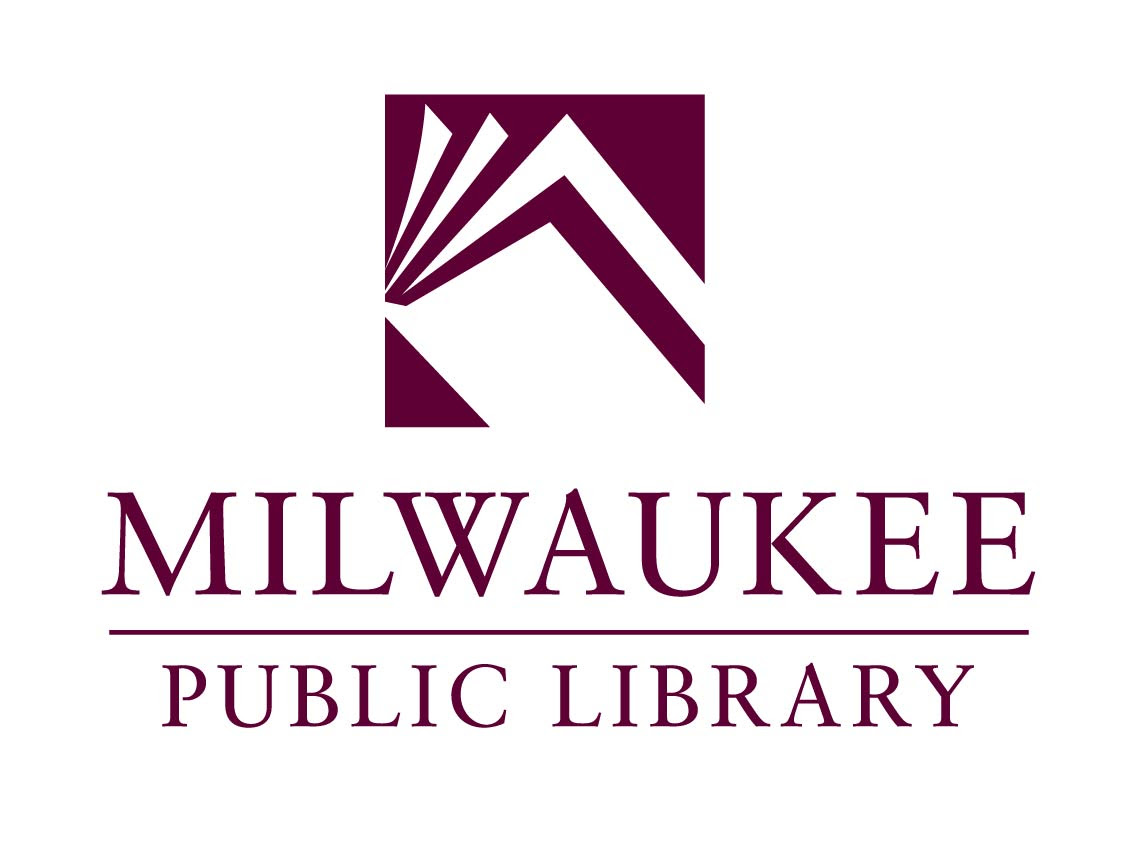Write in Nature
Prompts Against Anxiety #39 | from Oogie Push. A citizen of the Meskwaki Nation, Oogie is a performing actress and a Wonderlust Productions company member.

In undergrad, I enrolled in an environmental writing course. One assignment was to sit outside and observe. What do we see, hear, smell? What feelings come up? What memories are triggered? What do we witness?
My first time out was in the fall. I had a hot coffee and was bundled up because we had had an early snowfall. In the tree in front of me was a group of birds, all facing inward. They took turns chirping, like they were speaking in a meeting. Then two squirrels arrived in the middle of the circle. The birds went silent, and the bigger squirrel chattered away. The squirrel stopped. The birds took turns chirping. Back and forth they went with the squirrel for a short while. Eventually the two squirrels left. The birds chirped a bit more before they all flew away. Given the early snowfall, I like to think they were discussing their options and figuring out what to do.
Since then, I have witnessed so many fascinating things in nature and learned lessons about myself or life just from observing. Nature has also taught me ways of being that are inspiring, like the slow graceful movement of a humpback whale; majestic as it swims in an ocean inlet with a backdrop of snow capped mountains, traveling at its own pace and going where it wants.
I have found that sitting quietly for ten to fifteen minutes outside is enough time for the animals to get used to my presence before resuming their usual activities. Less time is required if I am in the city.
STEP ONE: Prepare what you need to sit outside for at least 30 minutes—water and a snack (or make sure you eat before going out), a notebook, and something to write with. A chair or a blanket is optional. Leave the headphones/music at home. You want to sit in silence. The environment will provide sound.
STEP TWO: Choose some place where you will not be in the way or bothered. It could be your front yard, backyard, in a park, at a lake, at the ocean, or in the woods. Make sure you are in or around nature and that you are safe to sit and observe for a while.
STEP THREE: Ground yourself. Breathe deeply the smell of the air around you. Feel the power of the Earth holding you up. Feel the sun and the wind on your skin. Take deep breaths in, and when you exhale, imagine your energy going down into the Earth, anchoring you there. Let the Earth hold you up.
STEP FOUR: Observe the world around you. Are there trees, rocks, insects, birds, people? What are they doing? Is it windy, cloudy, sunny—what’s the environment like? What do these things remind you of? Can you see a scene unfolding before you?
STEP FIVE: Write down what you see, sense, feel, smell, witness. Take your time describing it. It can be in the form of a story, monologue, poem, dialogue, or song—however you are able to translate what you are seeing, hearing, smelling, maybe even tasting. You can also write down what you are feeling, learning, remembering, and/or thinking.
STEP SIX: Give thanks to the Earth and to Nature for allowing you to be there. Thank them for any lessons or stories you may take away. If you have trash, take it with you and dispose of it properly.
Repeat as often as you like. Sometimes I do not write anything down—I just take it all in and take the experience with me. Sometimes I share it later as a story to someone. Or accept it as a life lesson.
Prompts Against Anxiety is sponsored by Milwaukee Public Library, an anchor institution that helps patrons read, learn, and connect—to our resources and our community. Now more than ever, stay connected, stay home, and stay safe.
More from this series
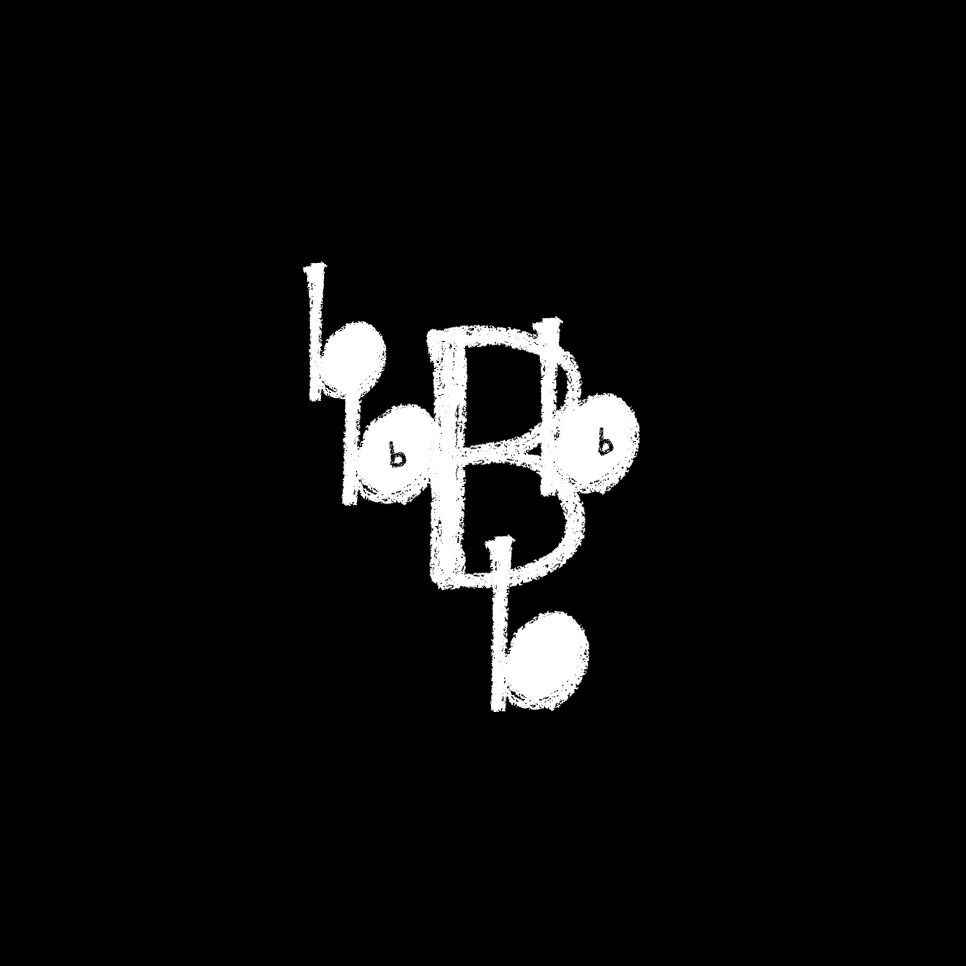
The Word was in the beginning but it is made of letters.Prompt #40—giovanni singleton
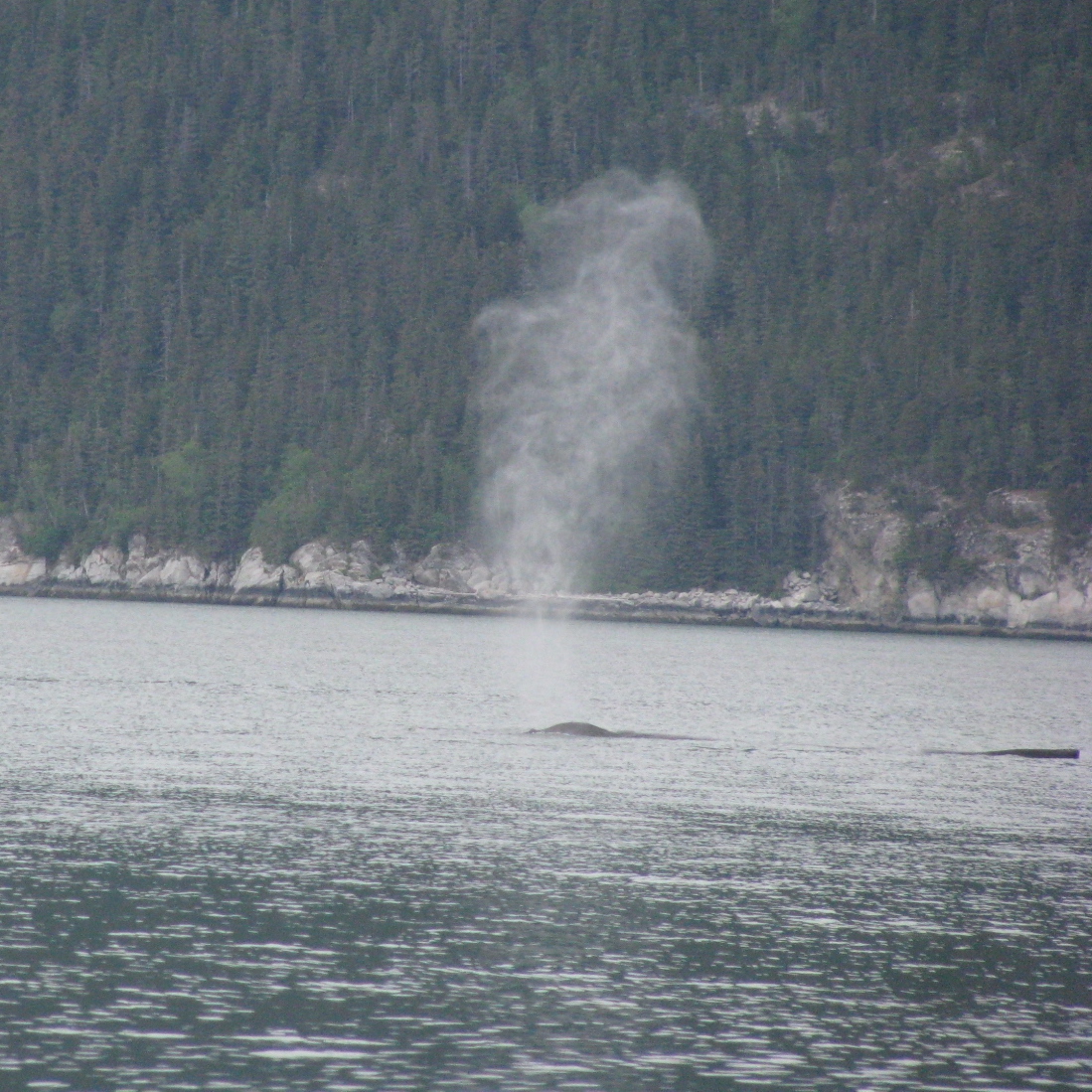
Write in NaturePrompt #39—Oogie Push
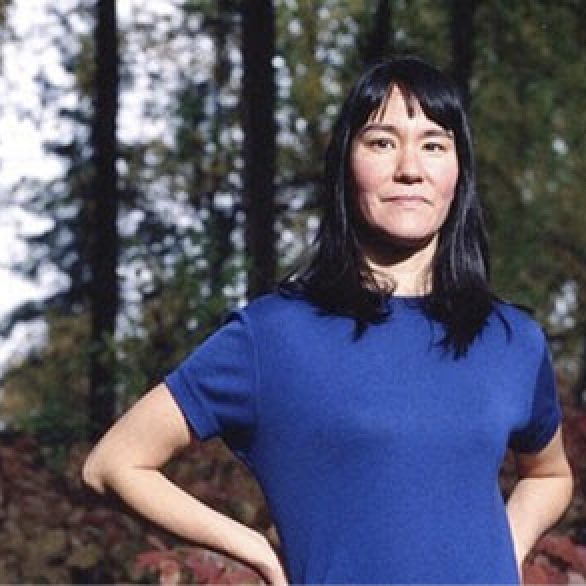
Real FoodPrompt #38—Joan Kane
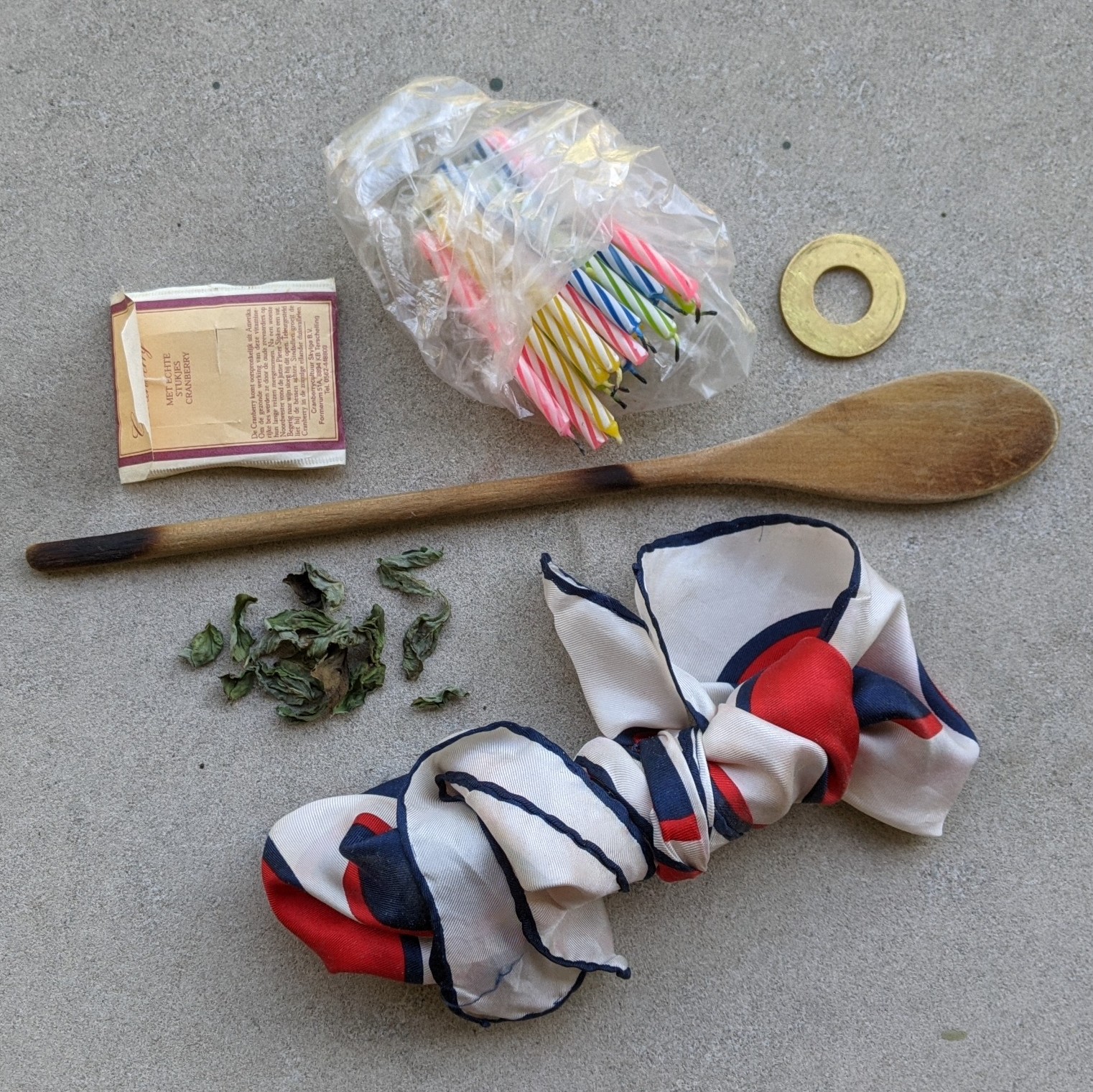
You Don't Need Proust to Smell GoodPrompt #37—Elizabeth Hoover
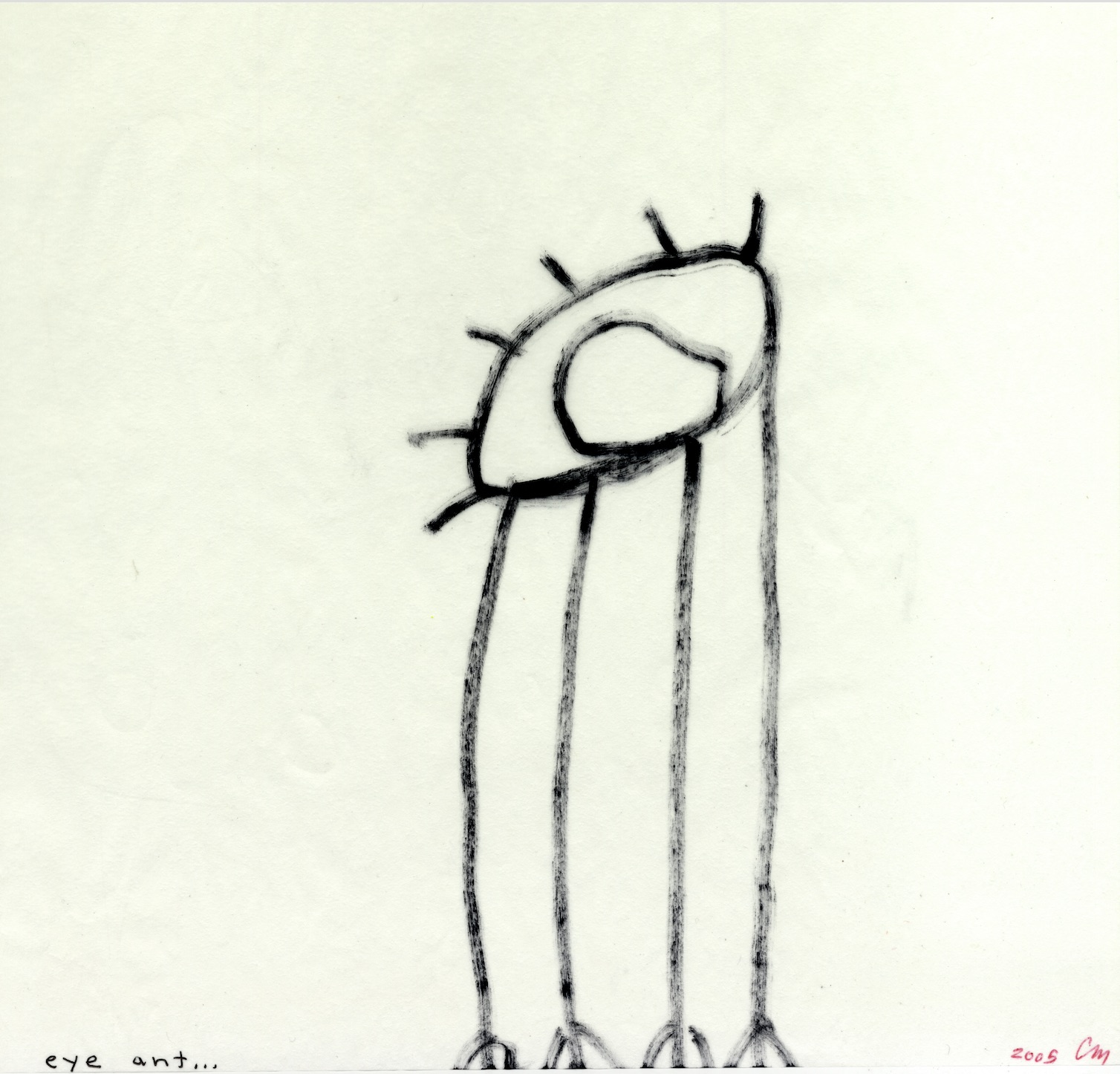
Find Your Own FormPrompt #36—Sawako Nakayasu

Tarot Recall: A Visionary Exercise for the PresentPrompt #35—Laurence Ross

Queers in Love at the End of the WorldPrompt #34—CJ Scruton
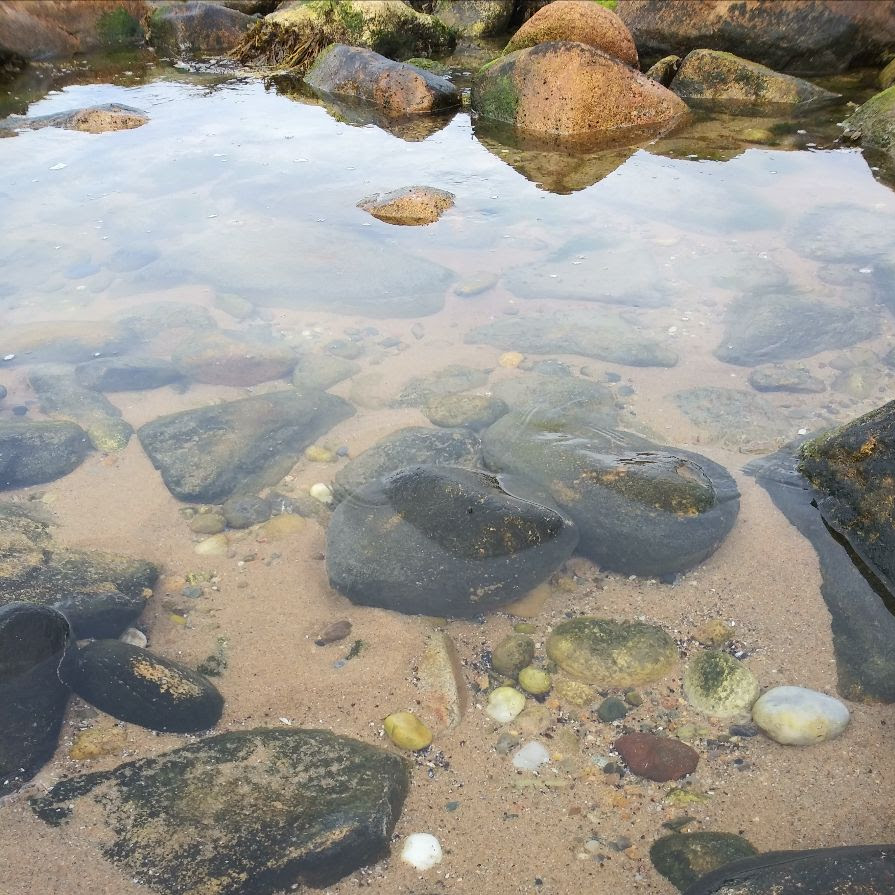
WORKBOOK FOR CHANGE: TWO PROMPTSPrompt #33—Kate Schapira
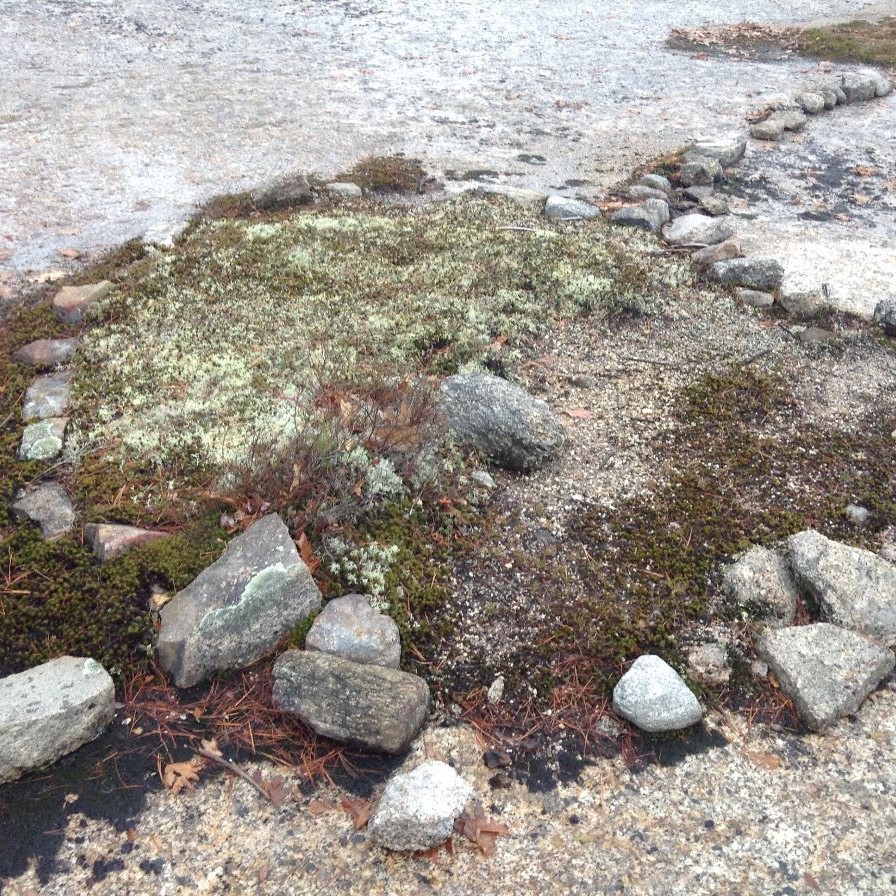
Preparation for the PromptPrompt #32—Lisa Fishman

Collage Your Own Writing PromptPrompt #31—Helen Hofling
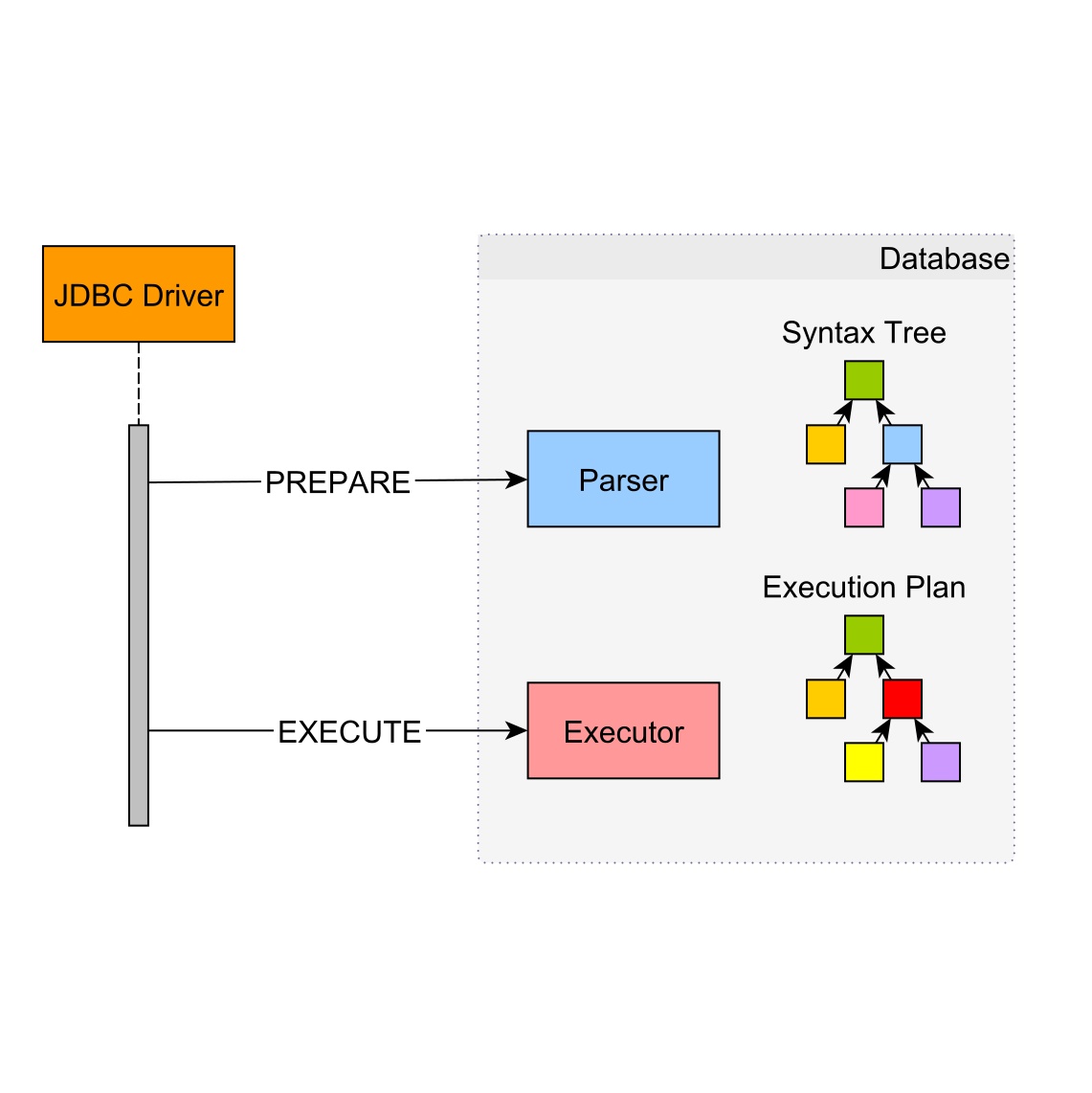
Prepared StatementPrompt #30—Mike Hauser

Repeat Repeat WritePrompt #29— Lewis Freedman
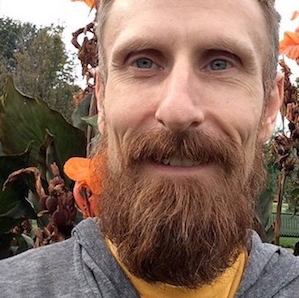
Poetic CorrespondencePrompt #28—Eric Baus

EKPHRASIS YOURSELFPrompt #27—Jennifer Nelson
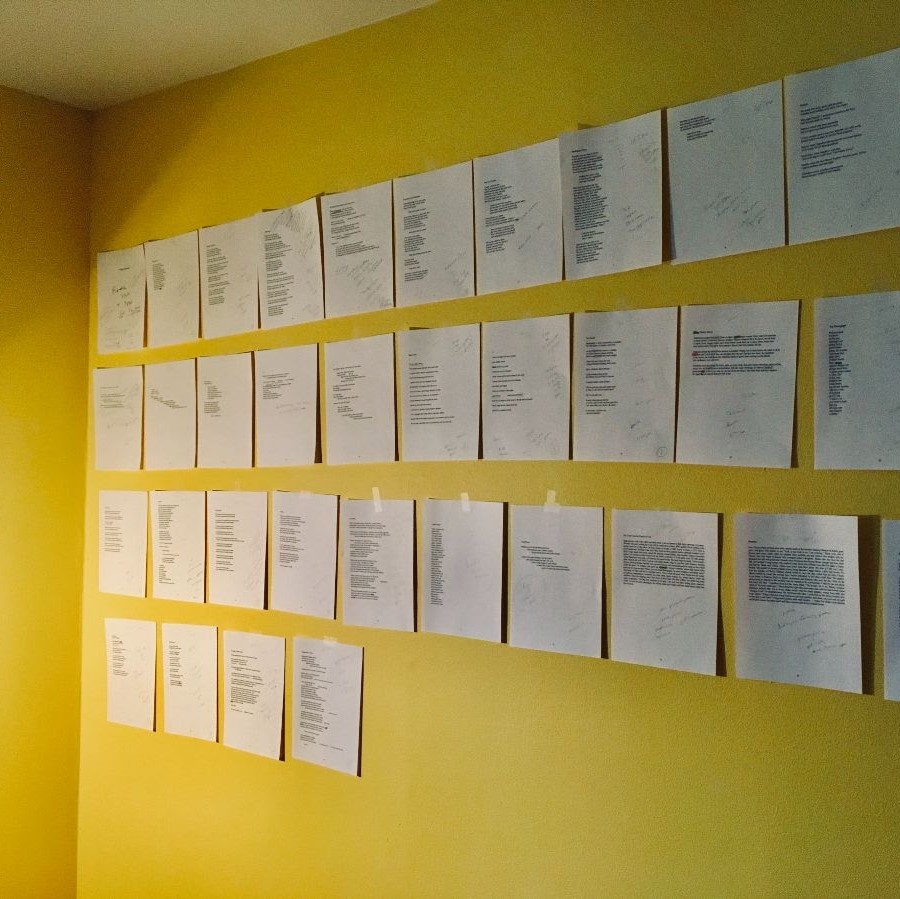
POETRY IS FOR THE PEOPLEPrompt #26—Angela Trudell Vasquez
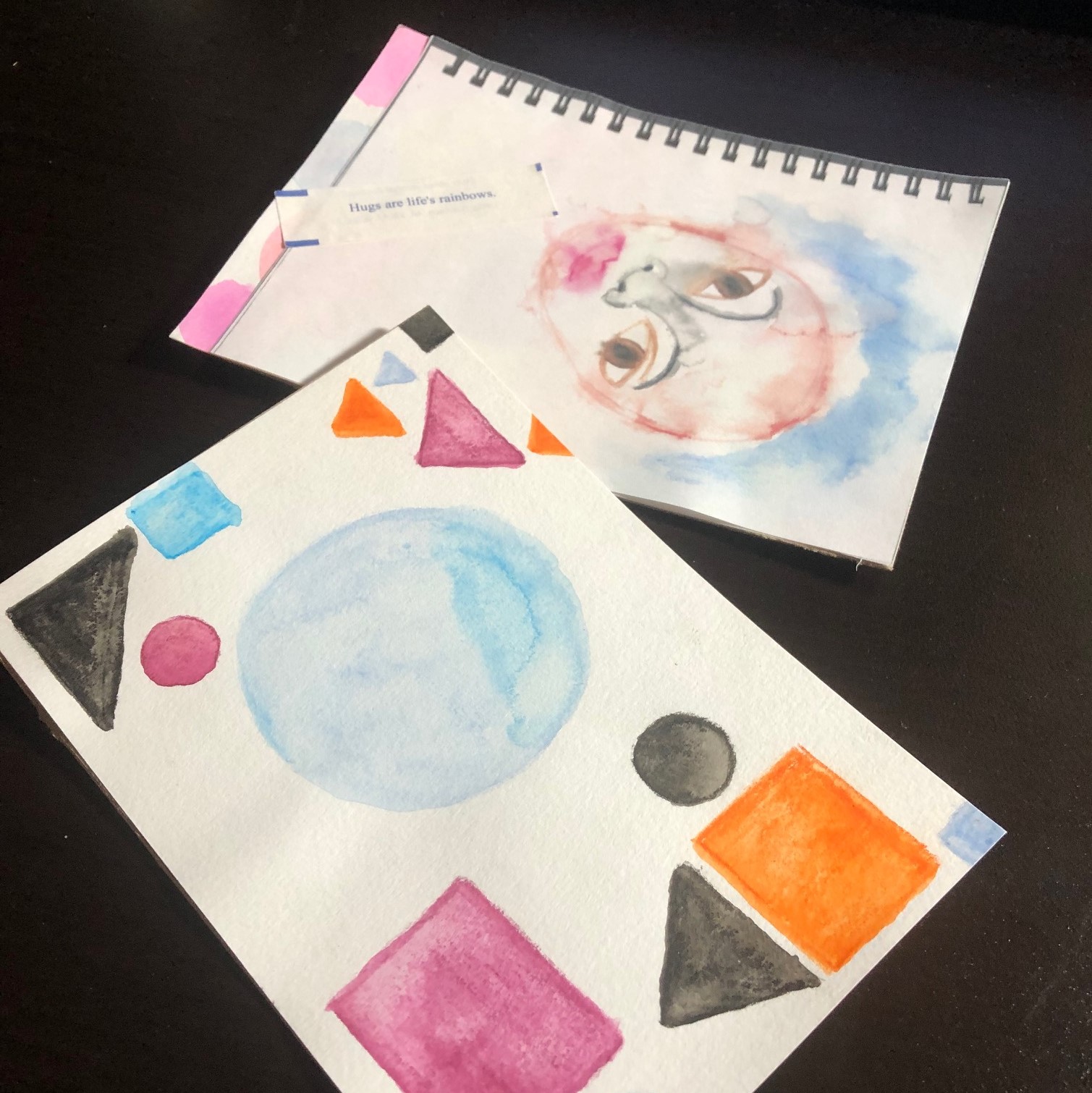
MAIL ARTPrompt #25—Siwar Masannat
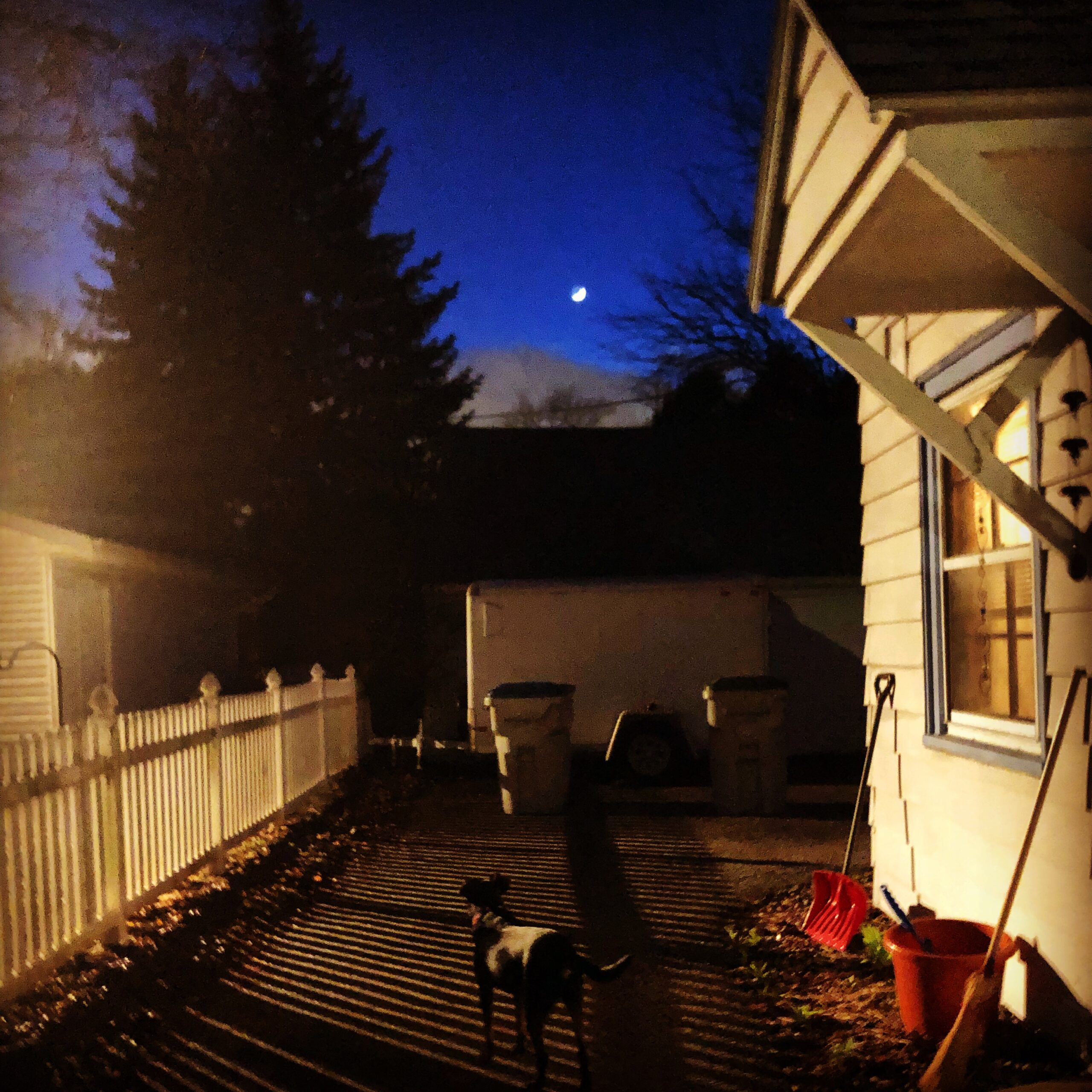
VISUAL POSTCARDSPrompt #24—Portia Cobb
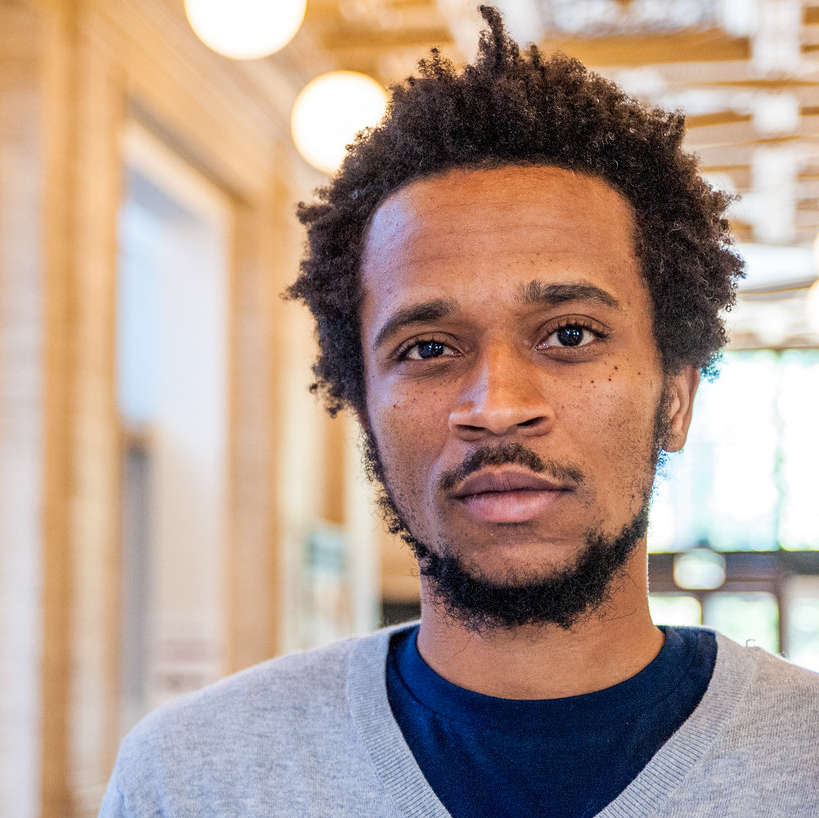
A [LONGER-TERM] DEEP LISTENING PROMPTPrompt #23—Jibade-Khalil Huffman

Humor as Medicine for the SoulPrompt #22—Mauricio Kilwein Guevara

Personification: A Social Justice PromptPrompt #21—Derrick Harriell

Ponge ExercisePrompt #20—Tyrone Williams

Occult DocupoesisPrompt #19—Kimberly Alidio
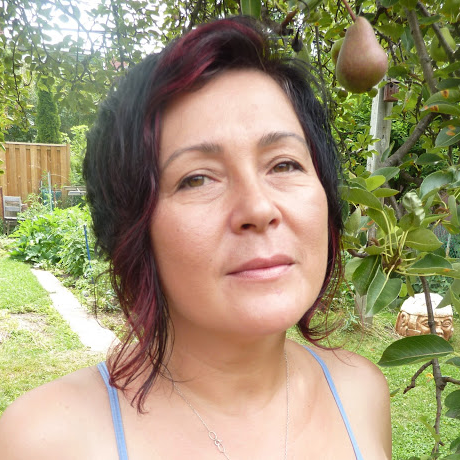
Junk Drawer SongPrompt #18—Hoa Nguyen

TALK TO THE POETSPrompt #17—Stacy Szymaszek
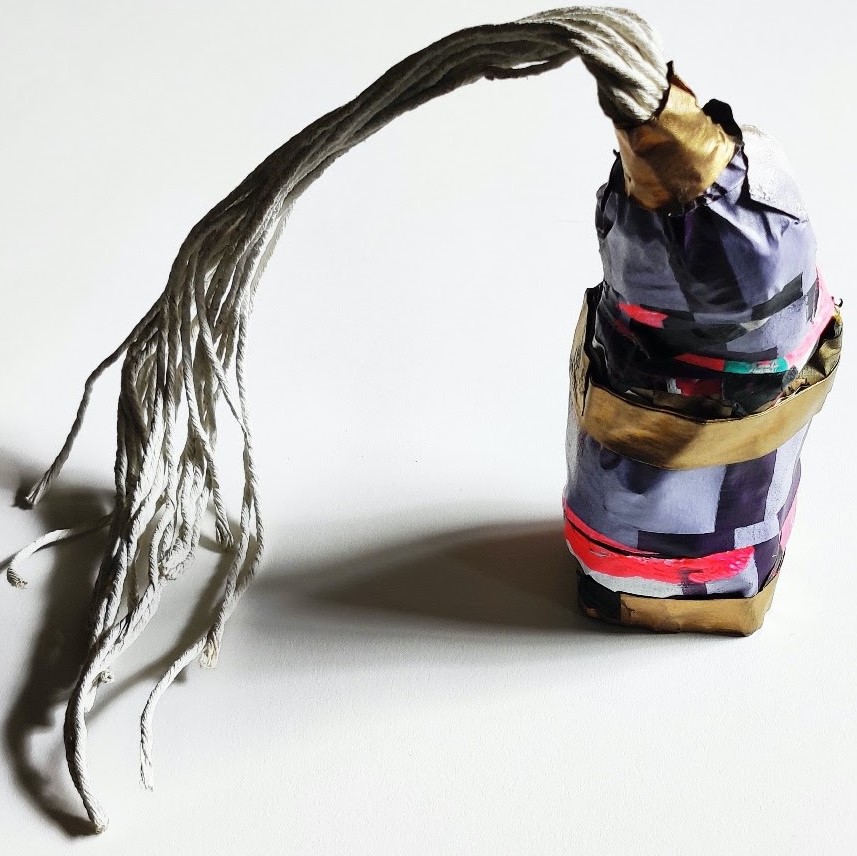
Make-Do Origin Stories & Concrete FuturesPrompt #16—Ching-In Chen

The Family PhotographPrompt #15—Rosa Alcalá

Writing Advice for Your Younger SelfPrompt #14—E.J. Koh
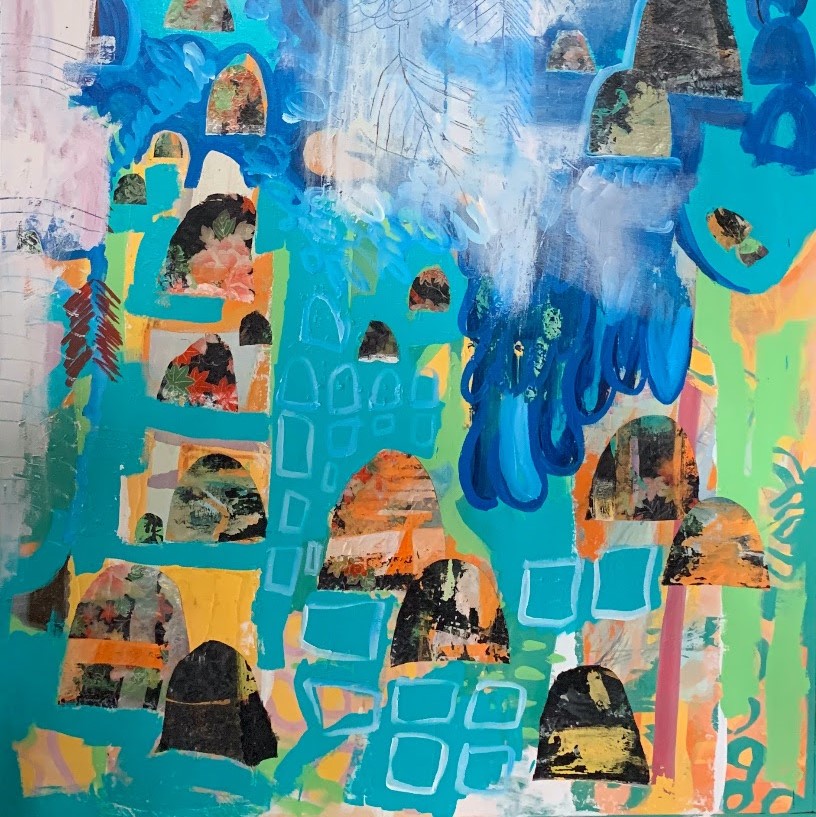
Note(s) to SelfPrompt #13—Stacy Blint
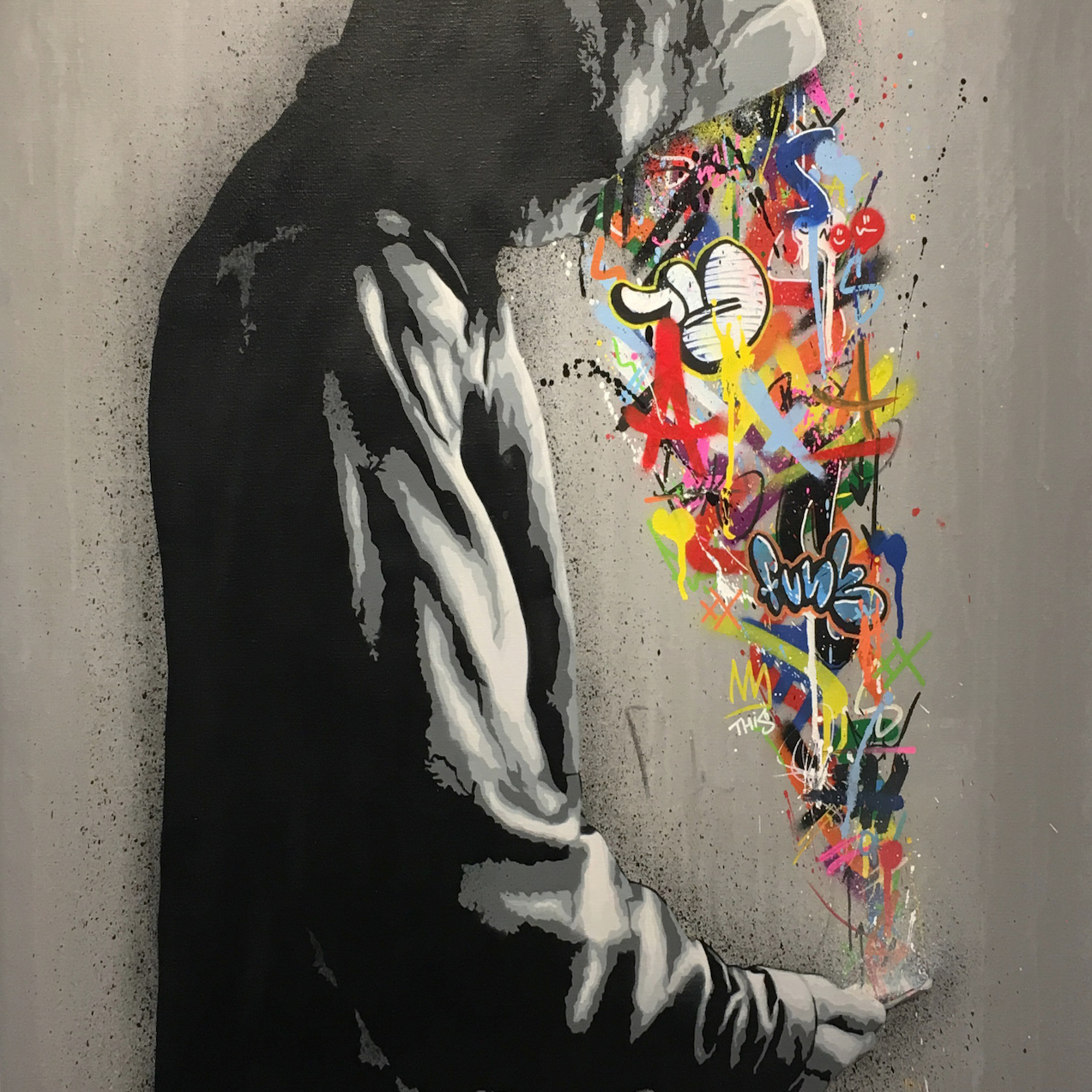
Embracing ConfusionPrompt #12—Bryon Cherry
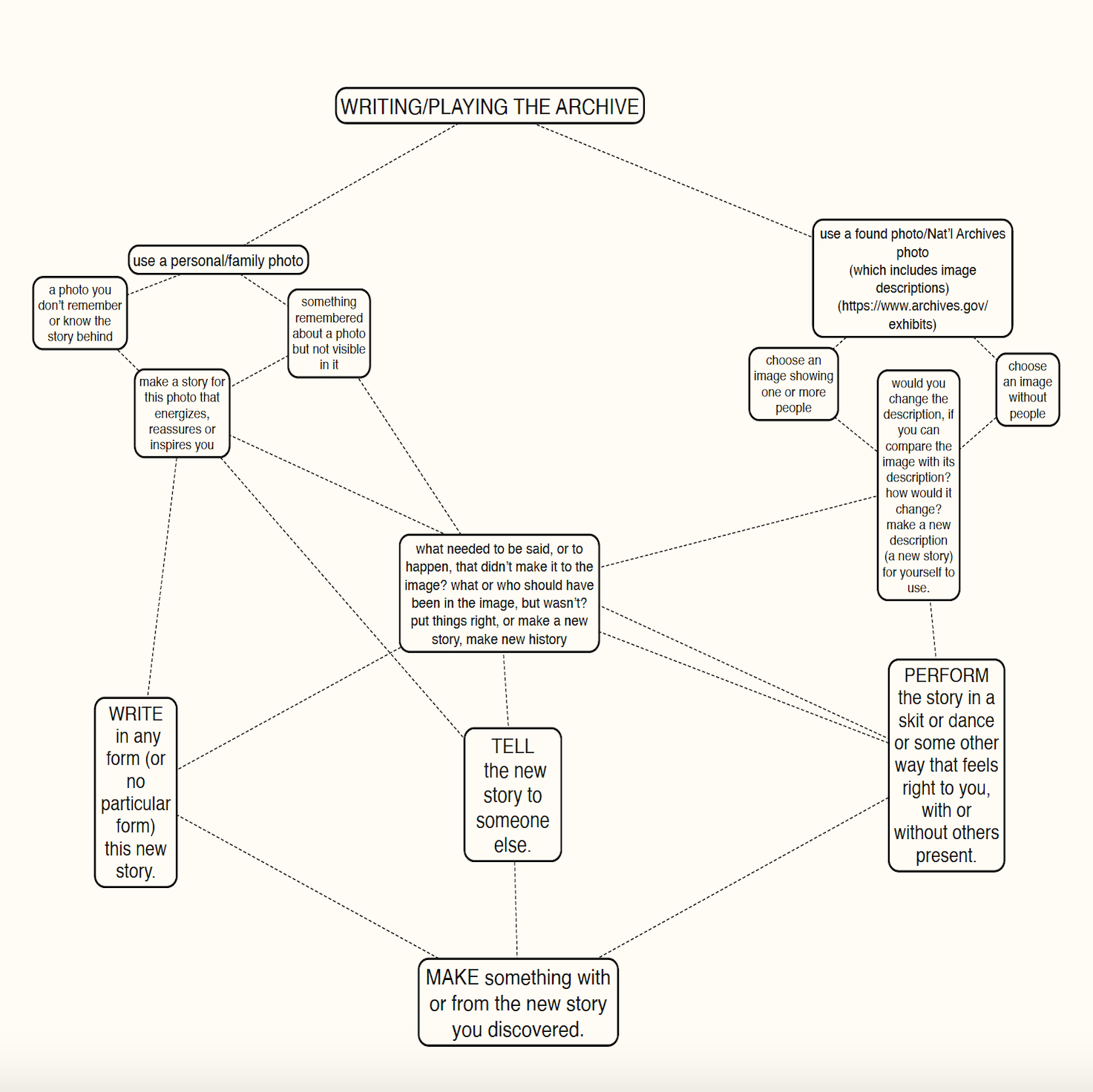
Writing/Playing the ArchivePrompt #11—Jay Besemer

CAPTURED & FREEDPrompt #10—Dasha Kelly Hamilton
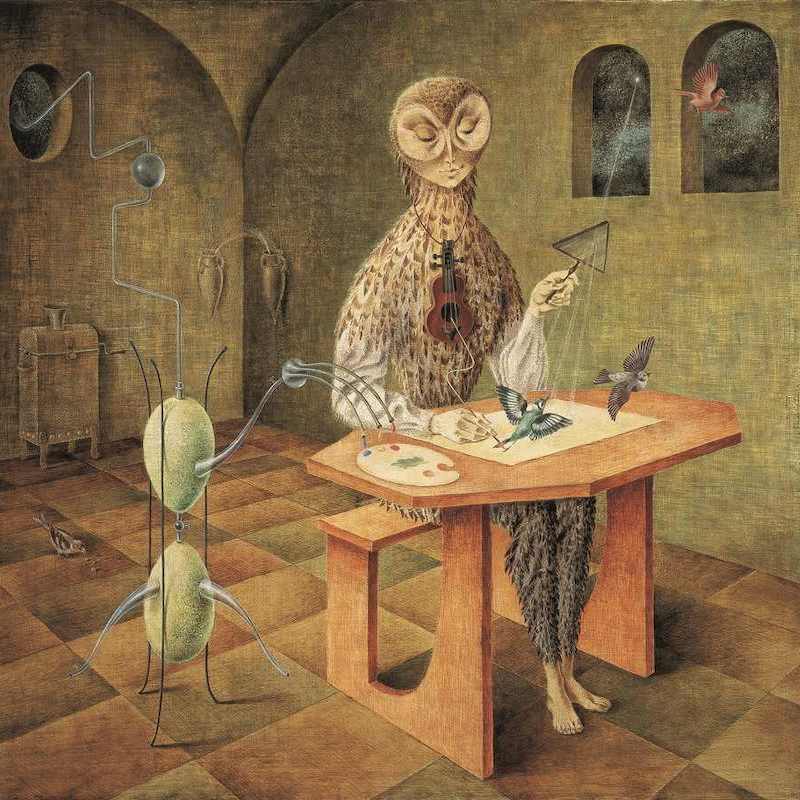
Poetic Exit StrategiesPrompt #9—Ana Božičević
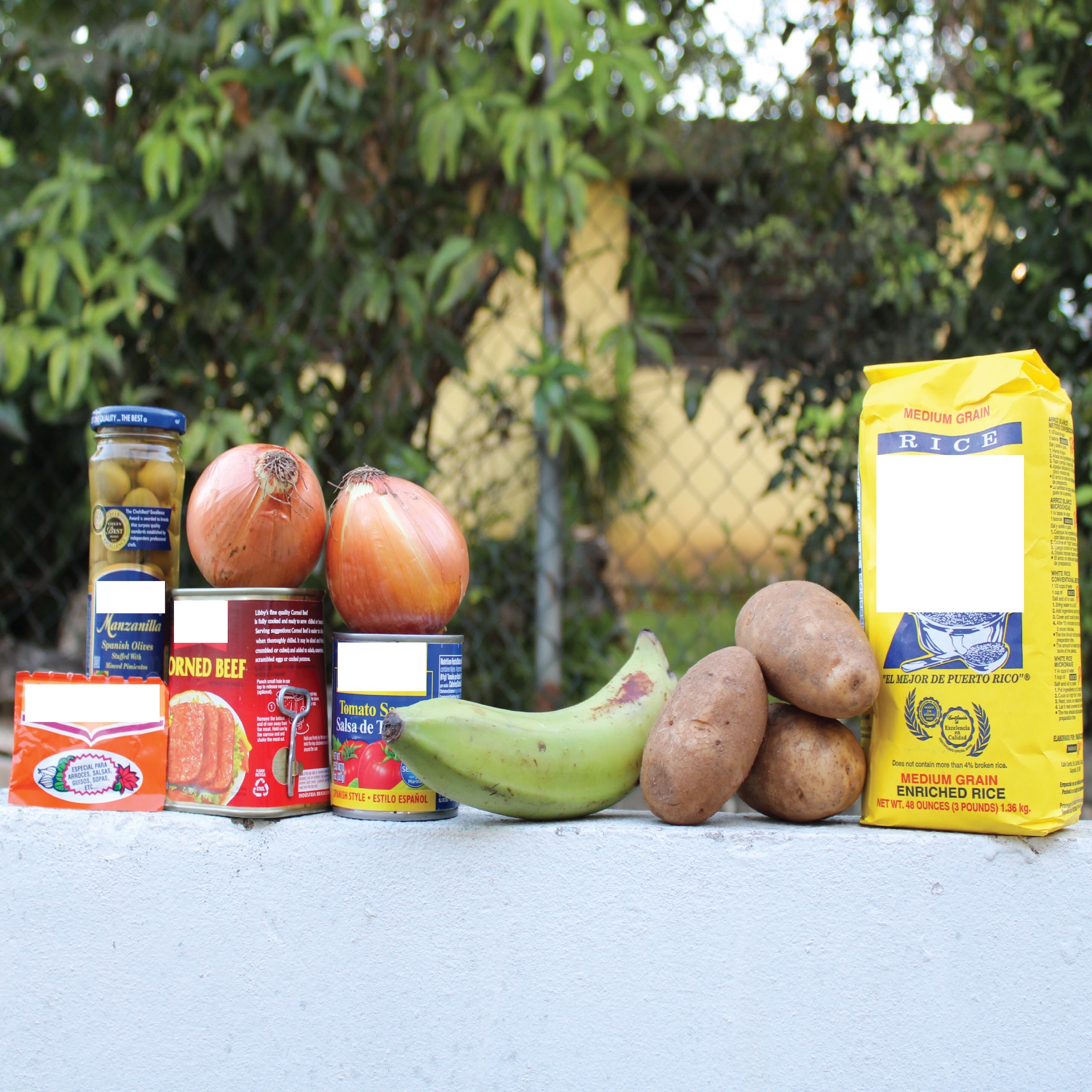
Proyecto ConbífPrompt #8—Erick "CK" Ledesma
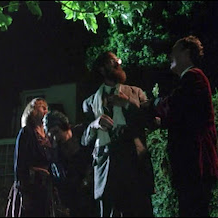
TRILOGYPrompt #6—CA Conrad

Utopian CompromisePrompt #7—Paul Druecke
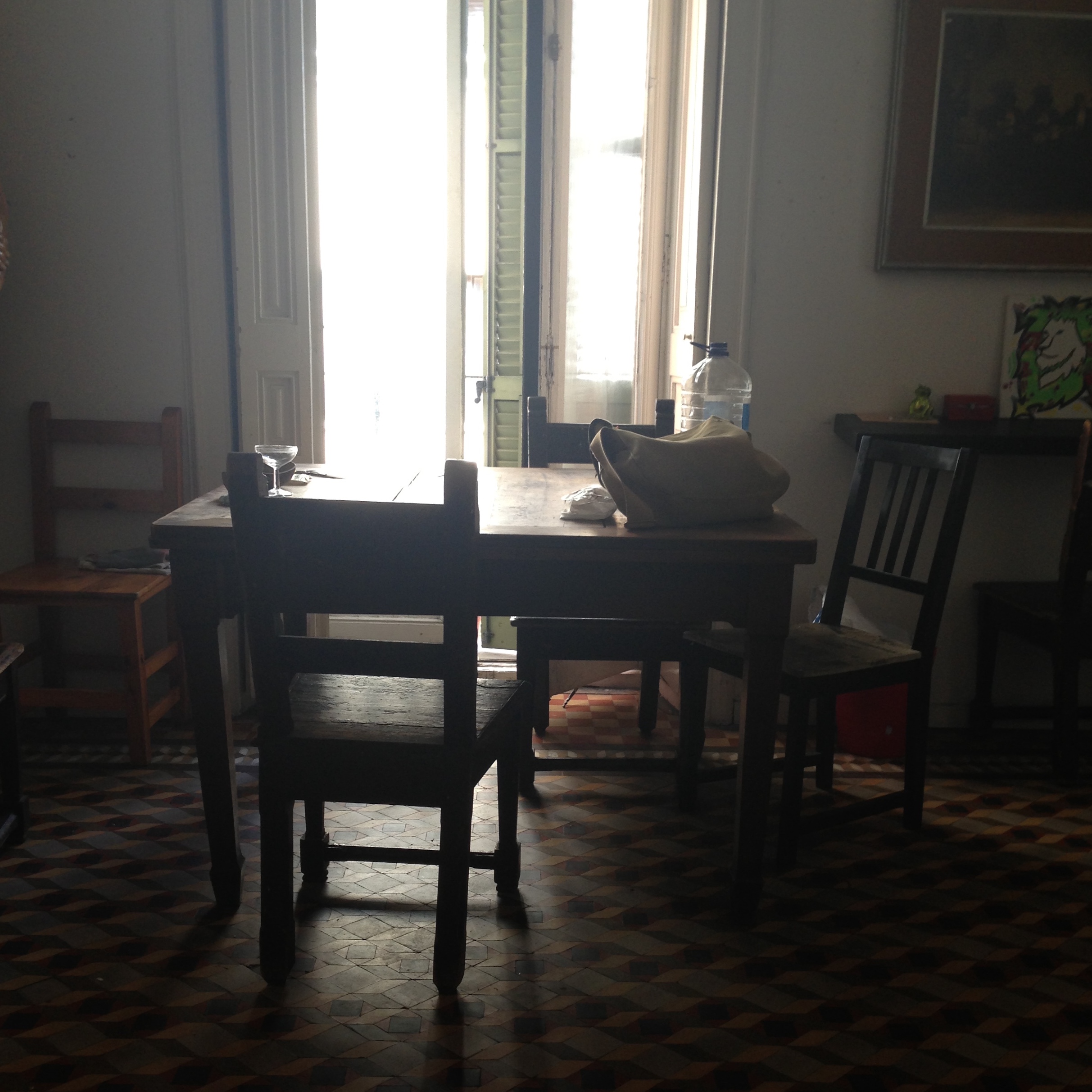
A Series of RoomsPrompt #5—Laura Solomon
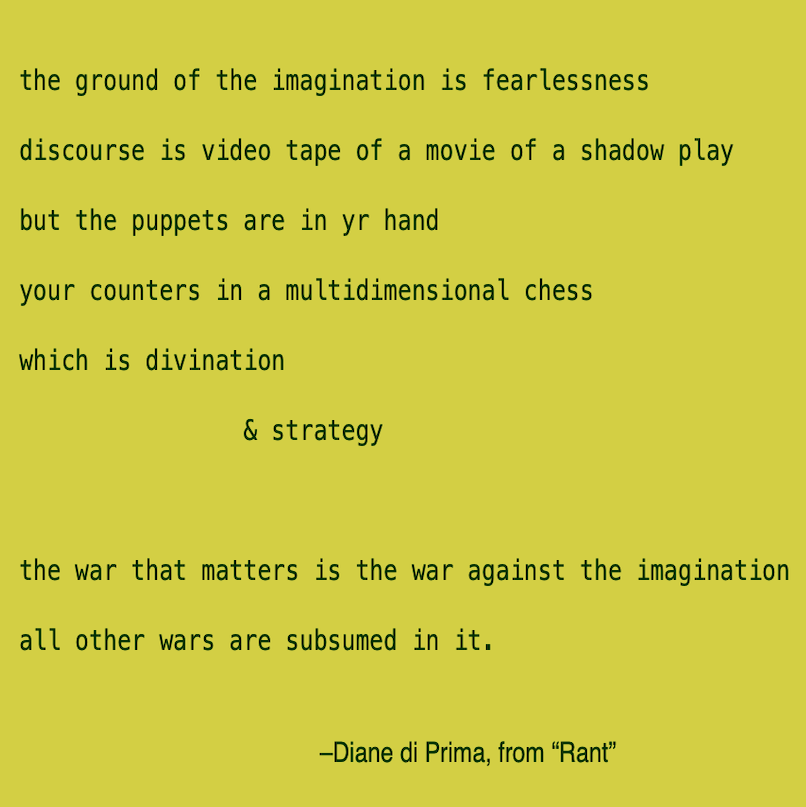
Two Variations on N+7Prompt #4—Jenny Gropp
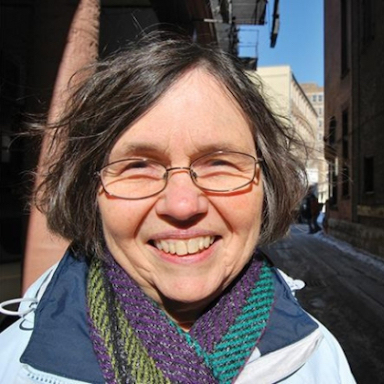
T H E A P A R T / TOGETHERPOEMPrompt #3—Margaret Rozga
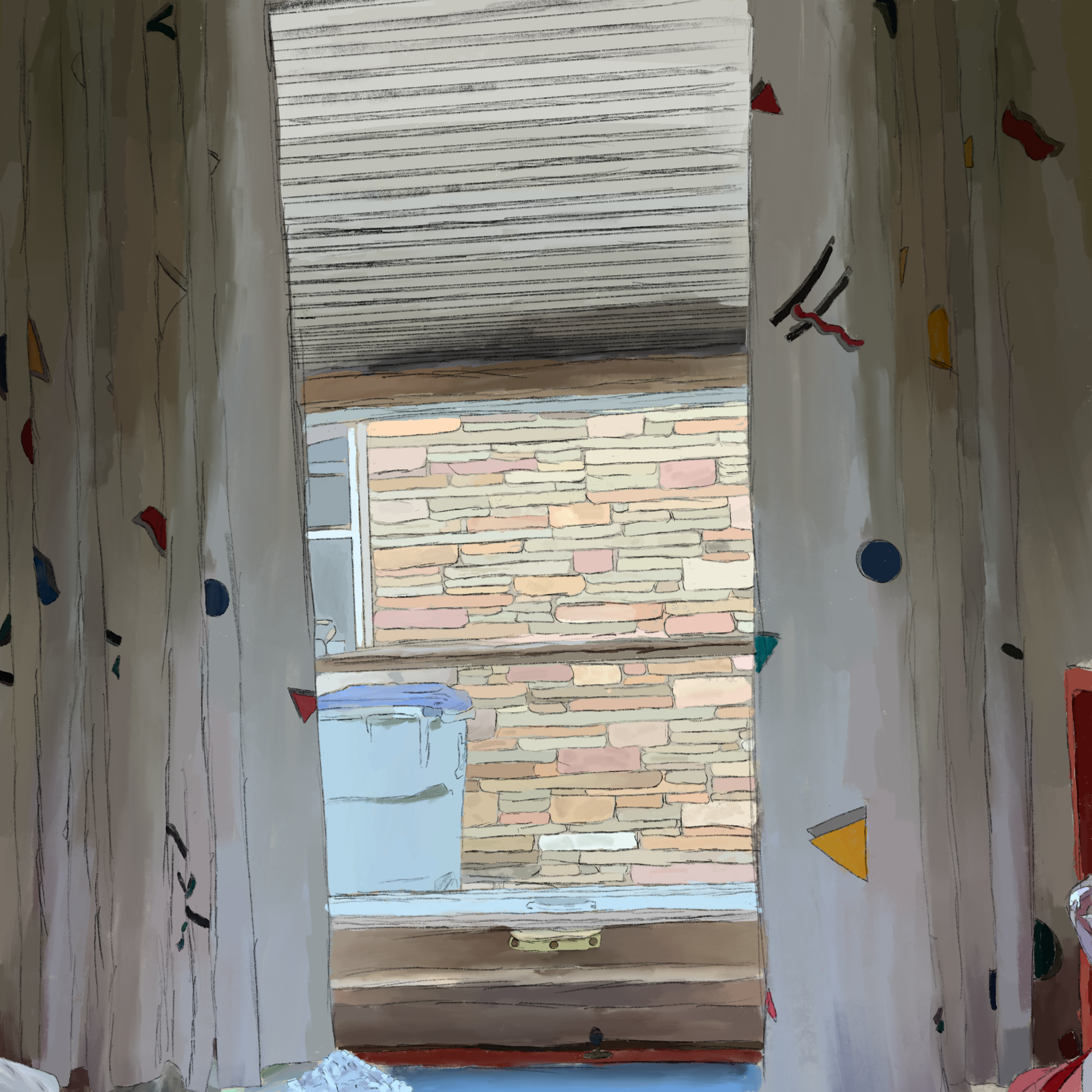
An Exercise in WindowsPrompt #2—Marla Sanvick
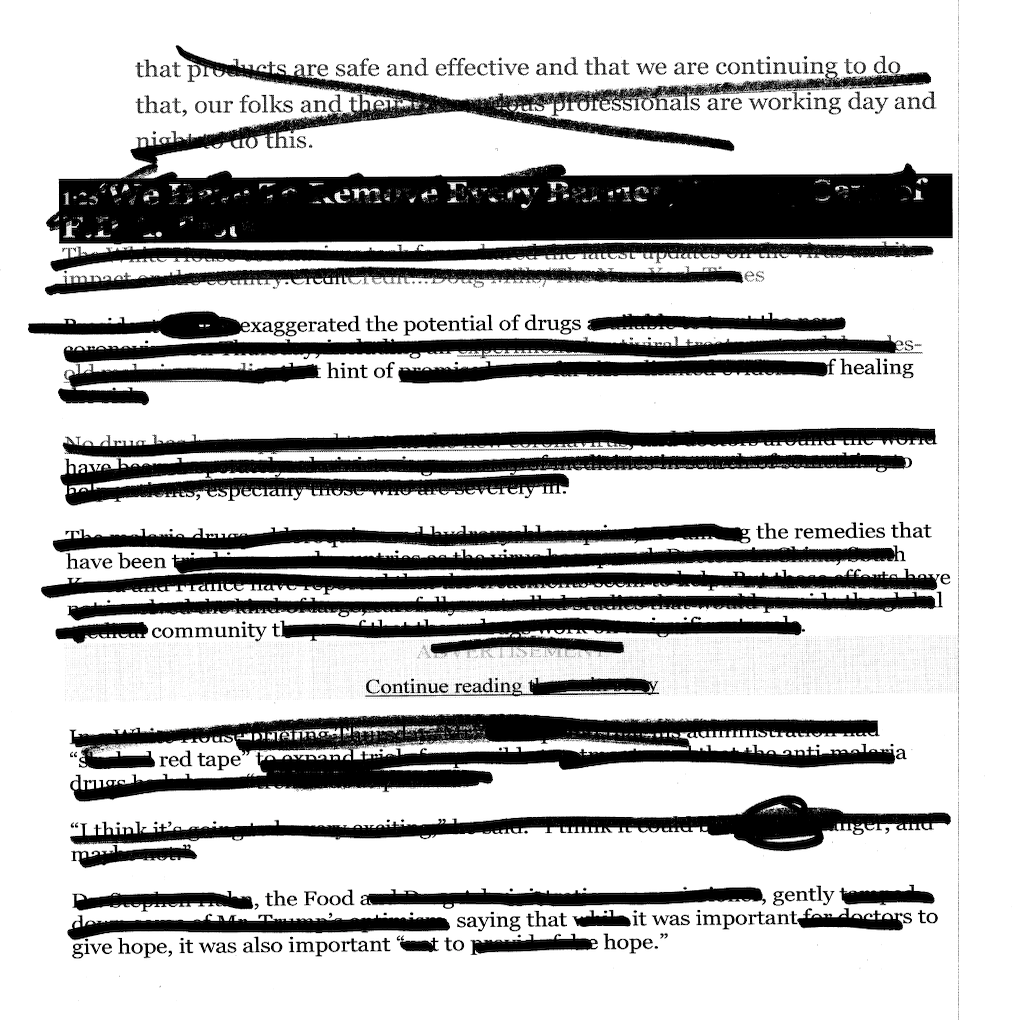
Erasuring AnxietyPrompt #1—Peter Burzynski
We acknowledge that in Milwaukee we live and work on traditional Potawatomi, Ho-Chunk, and Menominee homelands along the southwest shores of Michigami, part of North America’s largest system of freshwater lakes, where the Milwaukee, Menominee, and Kinnickinnic rivers meet and the people of Wisconsin’s sovereign Anishinaabe, Ho-Chunk, Menominee, Oneida, and Mohican nations remain present.
We further acknowledge the grave evil colonialism introduced to these lands through genocide as well as slavery, and also via racist and xenophobic beliefs, laws, and practices that continue to inflict harm upon Black, brown, and Indigenous lives. We honor those who have lived—and do live, now—at these intersections of identity and experience, and are committed to the active dismantling of white supremacy.
720 E. Locust Street
Milwaukee, WI 53212
Phone: 414 263 5001
Hours: Tues–Sun | 12-7 pm
Closed Mon
Building Accessibility: Despite the age of our physical location, and attendant limitations to access, Woodland Pattern is committed to making its programs and facilities available for as many as possible. Please call for more information.
Events Accessibility: Woodland Pattern is able to offer captioning services for its online events and with advanced notice can provide ASL interpretation for live events. Please contact us with accommodation requests and questions.
© Woodland Pattern 2025
